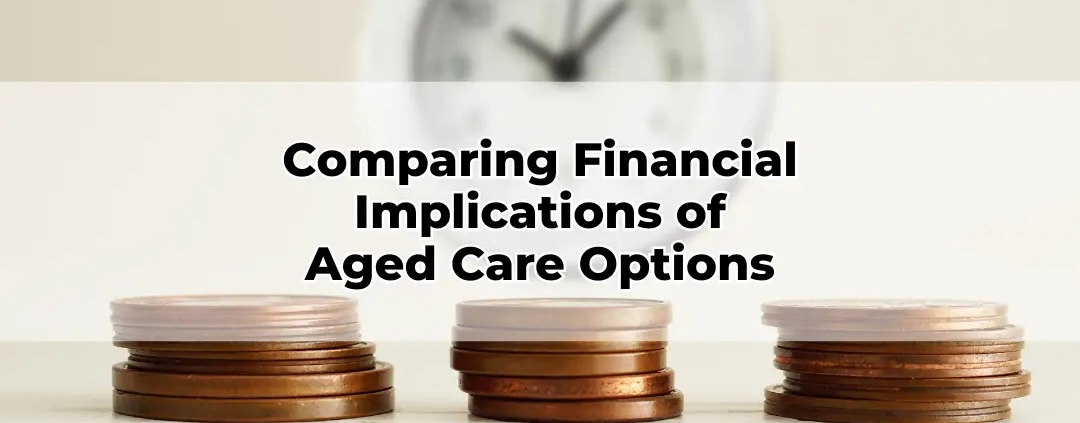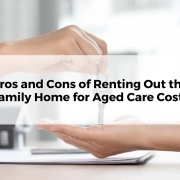Comparing Financial Implications of Aged Care Options
Table of Contents
ToggleNavigating the financial aspects of aged care is a critical decision-making process that requires meticulous planning. Understanding the financial implications of various aged care options ensures informed choices that align with individual circumstances and long-term financial sustainability.
Home Care vs. Residential Aged Care
Home care and residential aged care present distinct financial considerations. While home care allows individuals to remain in their familiar environment, the cost of ongoing support services
can accumulate significantly over time. Conversely, residential aged care involves an upfront financial commitment, but it provides comprehensive care services within a structured facility.
Government Subsidies and Support
Government assistance can significantly alleviate the financial burden of aged care. The Australian Government provides subsidies through programs such as the Home Care Packages (HCP) and the Aged Care Funding Instrument (ACFI). Understanding eligibility criteria and application processes is vital for maximising financial support.
Entry Costs and Ongoing Fees
Aged care options involve various entry costs, including Refundable Accommodation Deposits (RAD) and Daily Accommodation Payments (DAP) in residential care. Home care services, on the other hand, require ongoing payments that fluctuate based on care levels and provider fees.
Impact on Superannuation and Investments
Transitioning into aged care necessitates an evaluation of superannuation balances and investment portfolios. Liquidating assets to cover costs may have tax implications and affect future financial security. Strategic planning ensures financial stability while maintaining eligibility for government benefits.
Pension Considerations and Means Testing
Aged care fees are subject to income and asset testing, impacting Age Pension entitlements. The means-tested care fee and other financial assessments determine the level of government contributions. Planning ahead can mitigate adverse impacts on pension payments.
Taxation Implications
Tax obligations may arise from aged care financial arrangements, particularly regarding asset sales and income generation. Capital Gains Tax (CGT) may apply if property assets are sold, while income from investments can influence taxable income and aged care costs.
Downsizing and Property Decisions
Many individuals fund aged care costs by selling the family home, but this decision has complex financial consequences. While downsizing can unlock capital, it may affect means testing for government support. Understanding the interplay between property assets and aged care affordability is essential.
Estate Planning and Aged Care Costs
Incorporating aged care expenses into estate planning is crucial for preserving wealth and ensuring the intended distribution of assets. Strategies such as gifting, trusts, and power of attorney arrangements can influence financial outcomes.
Private Health Insurance and Aged Care
Private health insurance may cover some medical costs associated with aged care, but it does not typically extend to accommodation fees or daily care expenses. Evaluating the role of private cover within an aged care financial plan is important for cost management.
Financial Advice for Aged Care Planning
Engaging a financial adviser with expertise in aged care planning ensures well-informed financial strategies. Professional guidance facilitates the optimisation of government entitlements, asset management, and cost-effective care solutions.
Conclusion
Comparing the financial implications of aged care options enables individuals and families to make prudent financial decisions. With strategic planning and professional advice, aged care costs can be managed effectively while safeguarding financial security and quality of life.









